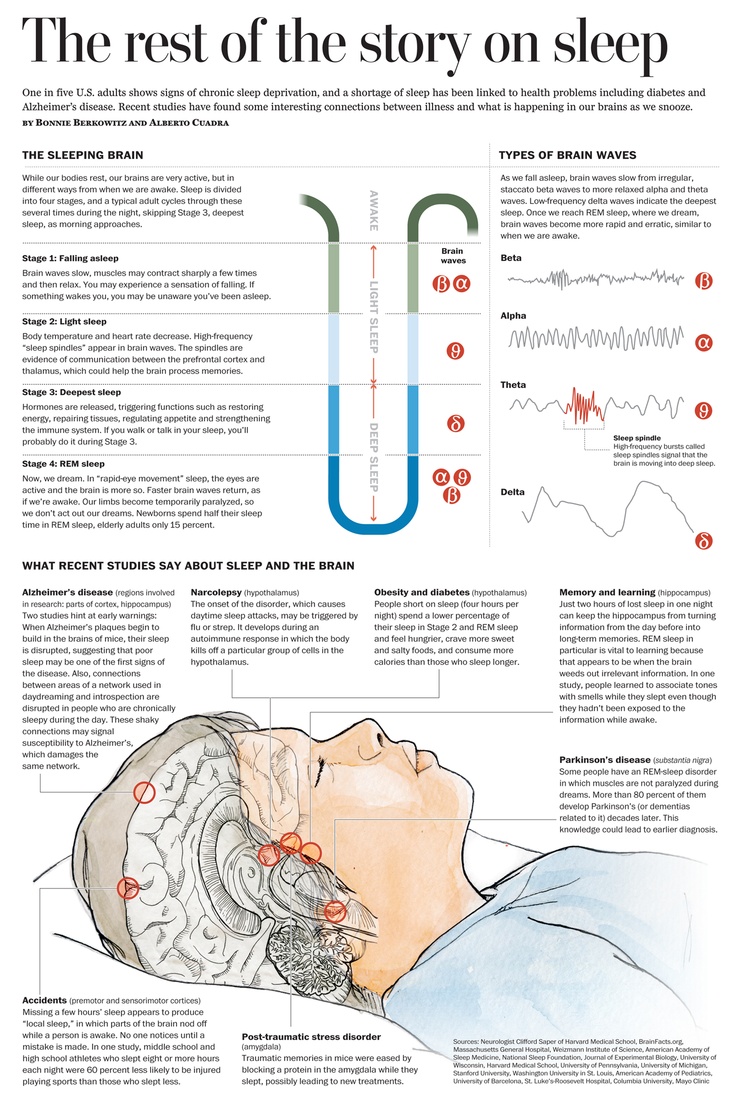The amount of sleep we get and what type can affect what diseases and conditions we have as we get older. We need a certain amount of REM sleep to help us learn and retain information that we gather throughout the day. Fortunately, there are many affordable health and fitness activity tracking devices available (or soon) that can measure the quality of your sleep in addition to a ton of other activities. In terms of sleep tracking, these devices include:
- Withings Pulse smart activity tracker – tracks sleep duration, quality, interruptions, light vs. deep sleep ($99)
- Fitbit Flex wristband – how long you slept, the number of times you woke up, silent wake alarm ($99)
- Basis wrist-based health tracker – sleep duration, the number of times you woke up, restful sleep ($199)
- Lark life wristband – expert sleep coaching, sleep duration, when you’re falling asleep, awake or tossing and turning, silent alarm clock ($149)
- Misfit Shine activity tracker – sleep quality ($99)
According to The National Institutes of Health (NIH), with the recommended 7.5-9 hours of sleep per night, we:
- Decrease our chance of motor vehicle accidents
- Lessen our likelihood of obesity, since sleep deprivation can increase appetite
- Reduce our risk of diabetes and heart problems
- Improve our concentration, reaction time and memory.
- Boost our moods and creativity
- Enhance our immune systems to help ward off colds and infections
The NIH said the average adult gets fewer than seven hours of sleep every night. In fact, 50 to 70 million Americans have chronic sleep disorders. Professional athletes like Roger Federer and LeBron James have said they sleep an average of 12 hours per night. Meanwhile, Usain Bolt, Venus Williams, Maria Sharapova and Steve Nash are reputed to sleep up to 10 hours per day. Need we say more?
Check out the infographic below to see just how much sleep affects our bodies so you can delay or get early warning signs for the prevention of diabetes, Alzheimer, Parkinson, dementia, and other illness.

